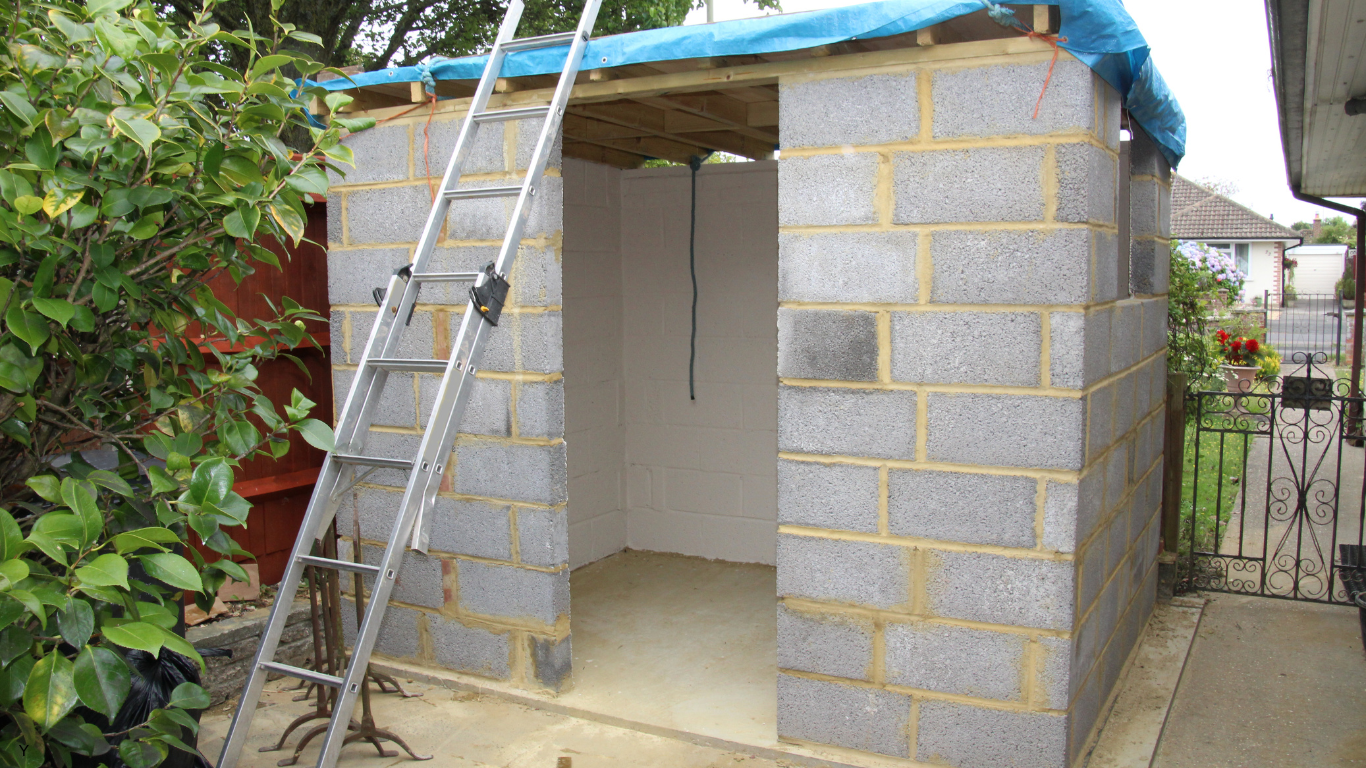Court Allows Contractor’s Unjust Enrichment Claim to Proceed After Expiration of Lien
Hernandez v. Burleigh House Condominium, Inc. arises from a dispute between a restoration contractor and a condominium association. The association hired the restoration contractor after fire damaged some of the association’s property. After the restoration contractor submitted a bill for $155,147.14, the association refused to make payment. The contractor then recorded a construction lien against the association’s property. The association recorded a notice of contest of lien in response. After the contractor failed to timely take action to enforce its lien, the lien was extinguished by virtue of the notice of contest.
Over the next few months, the restoration contractor company was sold, but the owner, Mr. Hernandez, retained rights to all of the accounts receivable. Following the sale, the owner sued the association for unjust enrichment, seeking the amounts previously due to the contracting company.
The association responded to the lawsuit and ultimately moved for summary judgment, arguing that because the unjust enrichment claim was seeking payment for the same sums covered by the now-expired lien, the owner was barred from seeking payment. The owner argued in response that 713.30, Florida Statutes, allows lienors to pursue other remedies, in addition to their construction lien rights. The trial court granted the motion for summary judgment, stating:
[The owner’s] unjust enrichment claim is based on precisely the same services upon which the Claim of Lien was based,” and that [the owner] cannot “circumvent” section 713.22(2)’s time requirements for filing a lien enforcement action by “calling the lien claim one for unjust enrichment.” Further, the trial court held that “Florida Statute § 713.30 does not save [the owner]because his unjust enrichment claim is not an action at law as required by that statute.
The owner appealed this ruling to Florida’s Third District Court of Appeal, which reversed the trial court, stating that:
The issue in this case is whether the Construction Lien Law's extinguishment of [the contracting company’s] construction lien also extinguished [its owner’s] common law unjust enrichment claim. Based on the express language of section 713.30, and an unbroken line of Florida cases, we conclude that [the owner’s] unjust enrichment claim was not extinguished.
The court continued, noting that Florida’s Construction Lien Law expressly indicates that it is not the exclusive remedy for a lienor attempting to collect a debt and that it also expressly indicates that contracts under the lien law can be written or unwritten, express or implied. The court also cited to multiple court opinions reaching this same conclusion before remanding the matter to the trial court for further litigation.
The key takeaway for the construction industry for this case is that while construction liens are a powerful tool in enforcing payments rights, they are not the only tool and an expired or missed construction lien does not necessarily mean that a contractor is without a remedy to recover payment.
About the Author
Jason Lambert is a Florida Board Certified Construction Attorney and Partner in the Construction Industry Practice Group at Hill Ward Henderson, in Tampa, Florida. He is also the founder and chief contributor to the Hammer & Gavel construction law blog. Jason focuses his practice on representing contractors, subcontractors, and materials suppliers throughout the state of Florida. Before law school, Jason spent a decade working in the construction industry, primarily as a project manager and operations director for both new construction and remodeling. He can be reached at jason.lambert@hwhlaw.com or 813-227-8495.







